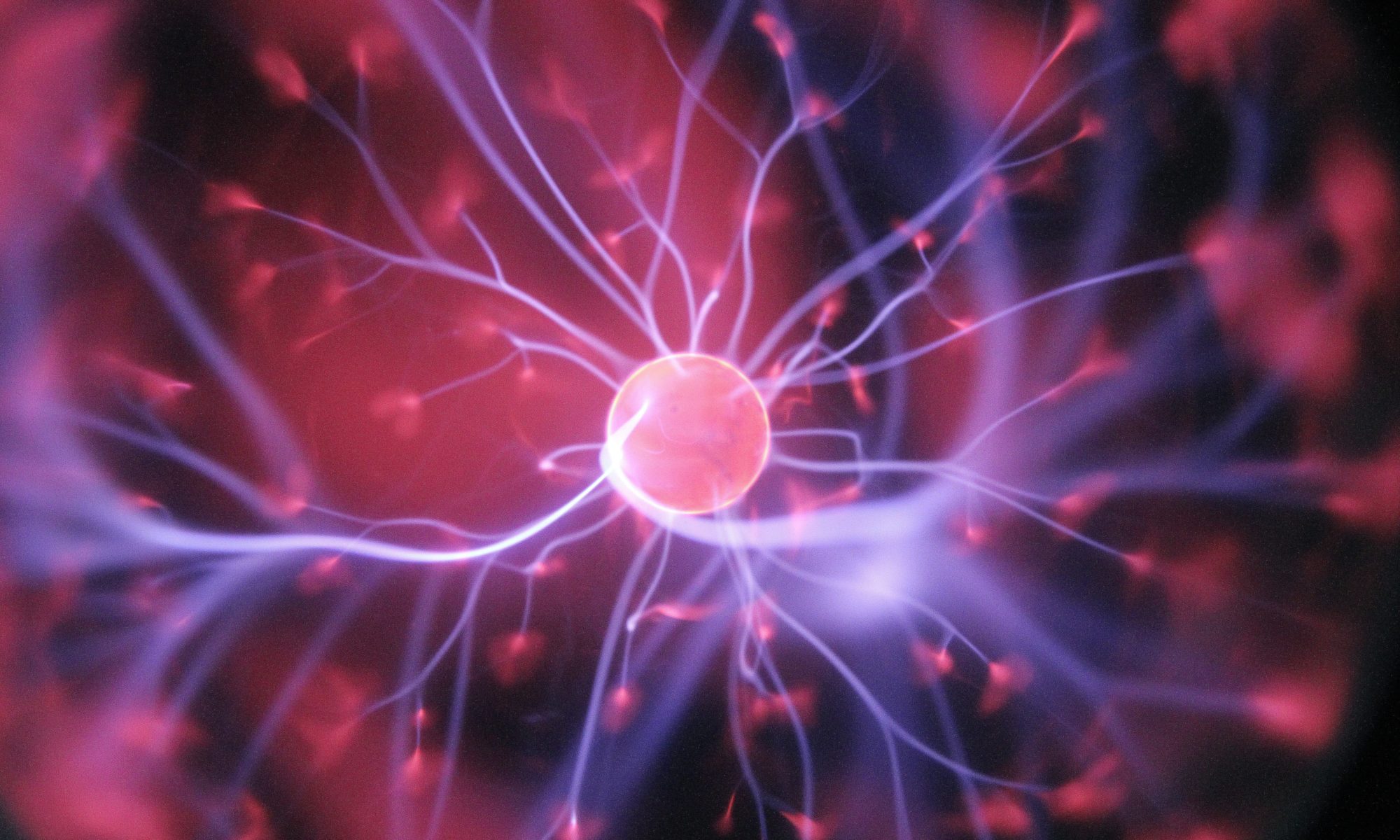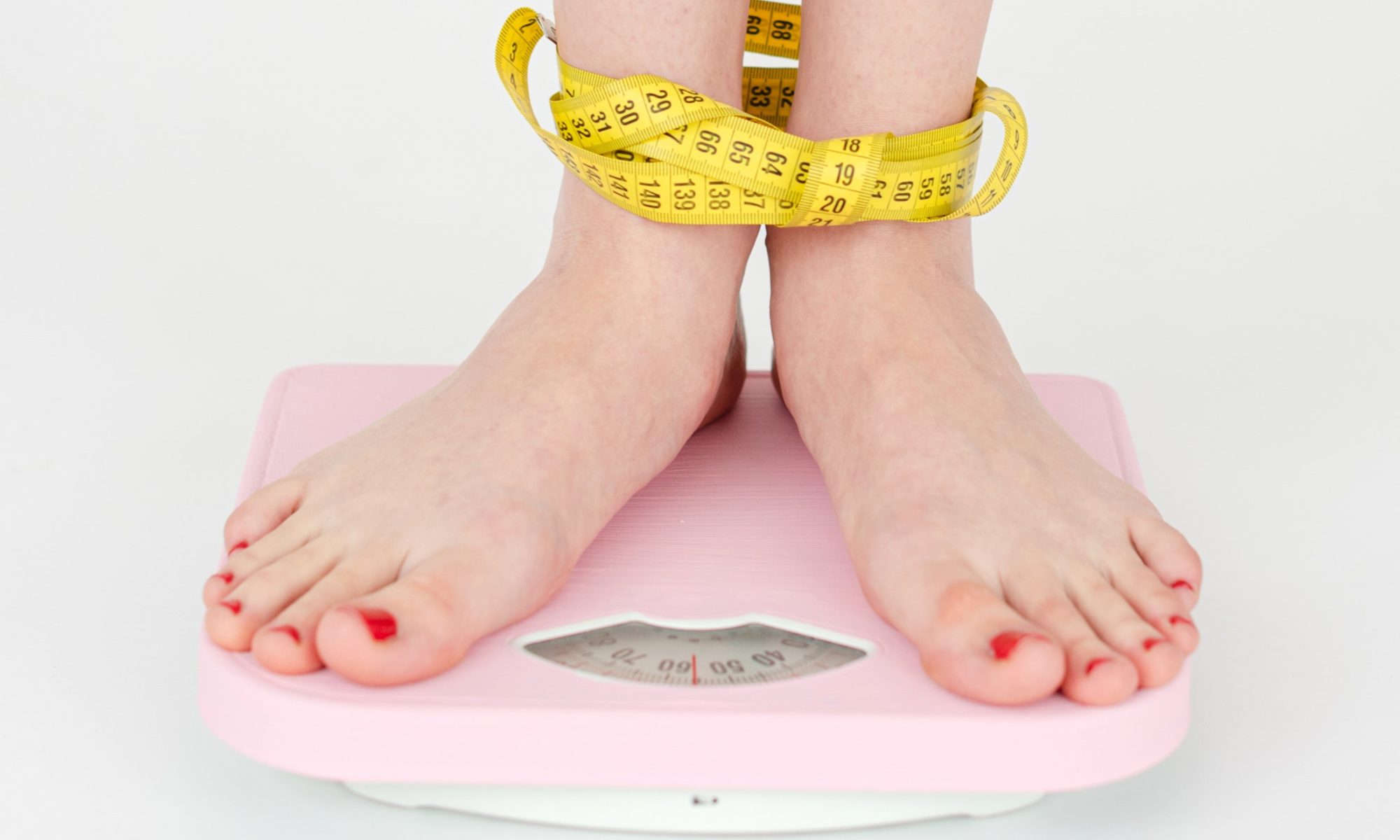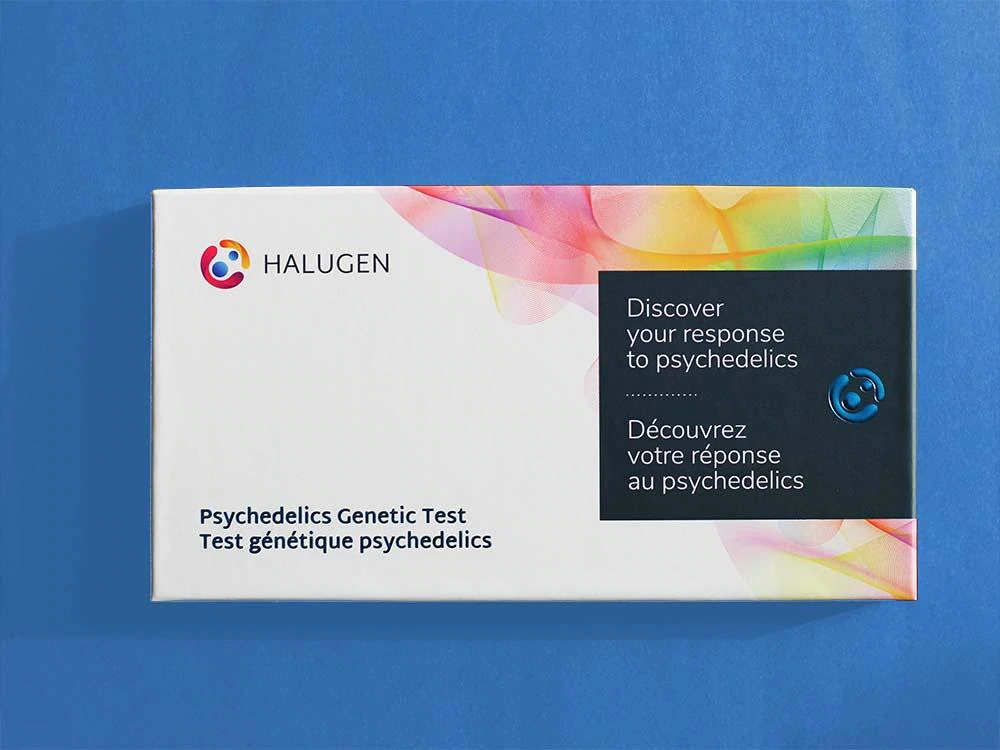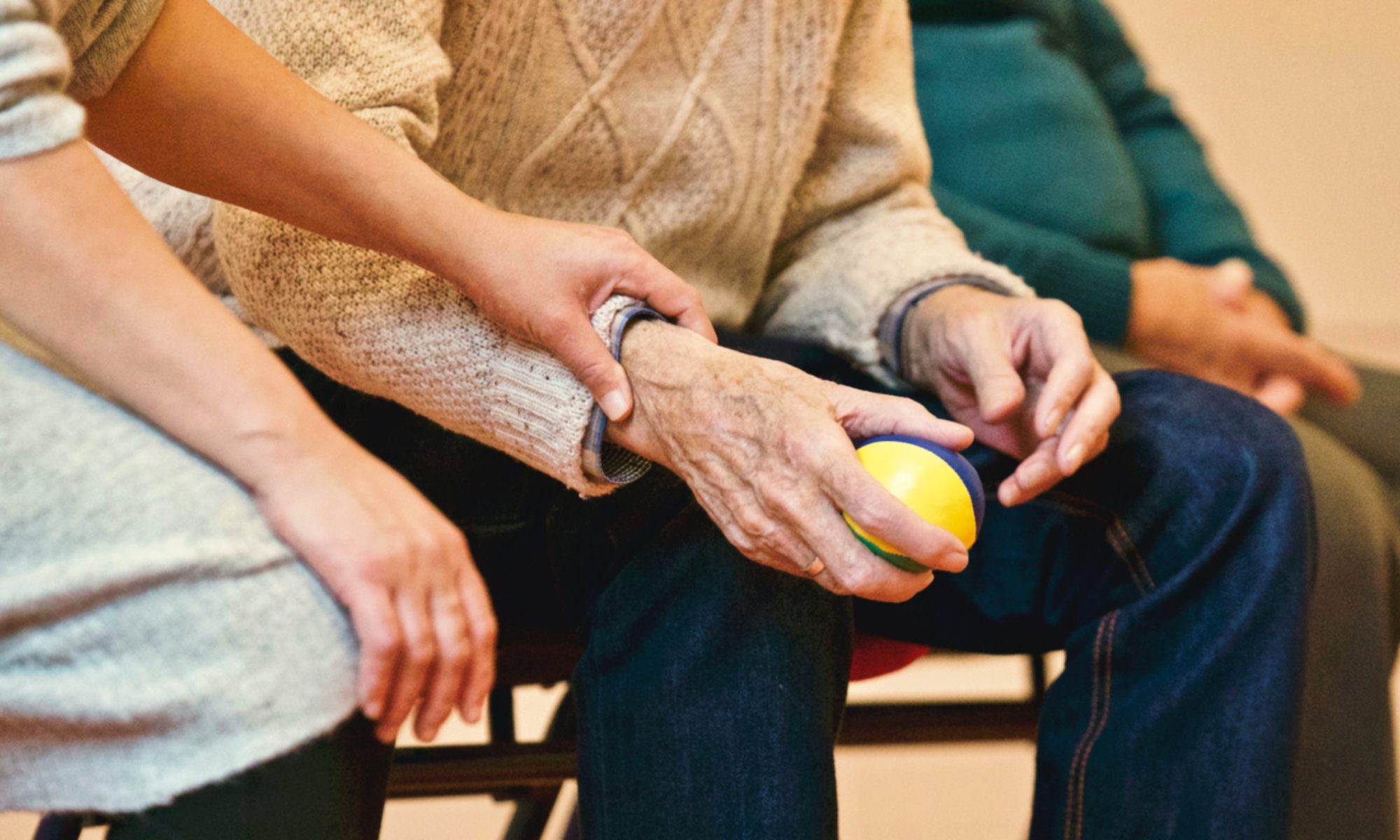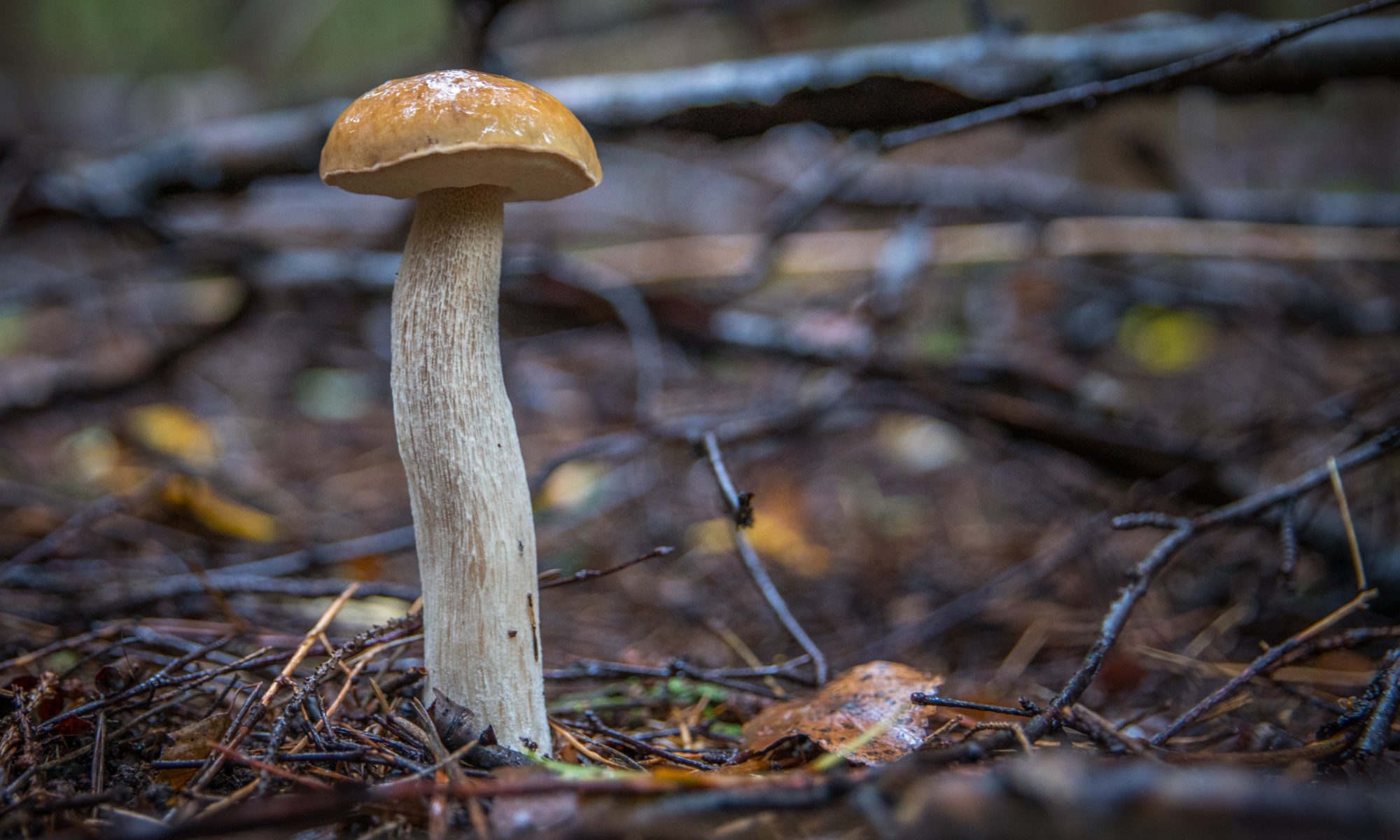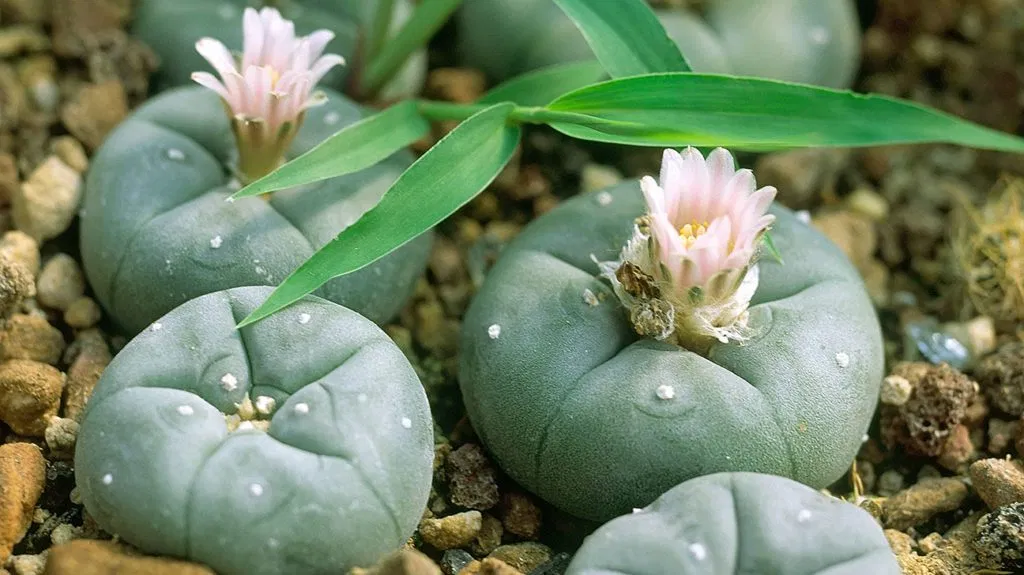.New study explores relationship between psychedelics and consciousness
A new Johns Hopkins study found that mystical psychedelic experiences are linked to changes in peoples’ beliefs about consciousness.
After a single psychedelic experience, people were much more likely to attribute consciousness to animals, insects, fungi, plants, and even inanimate objects. However, psychedelics had no effect on beliefs about free will or superstition.
What do you think — do mushrooms have consciousness?


